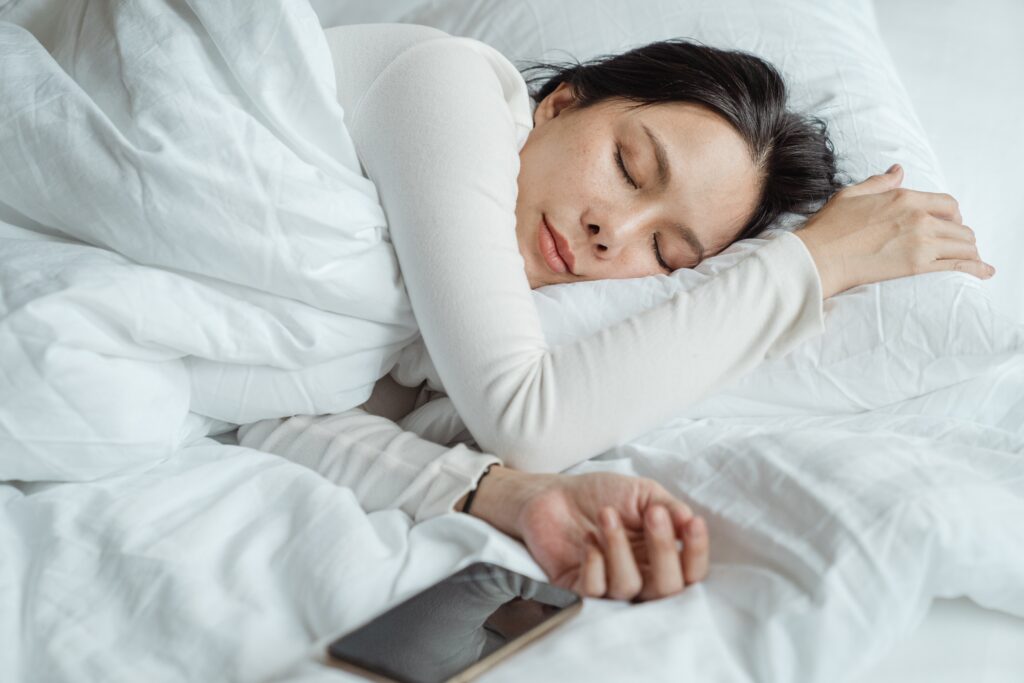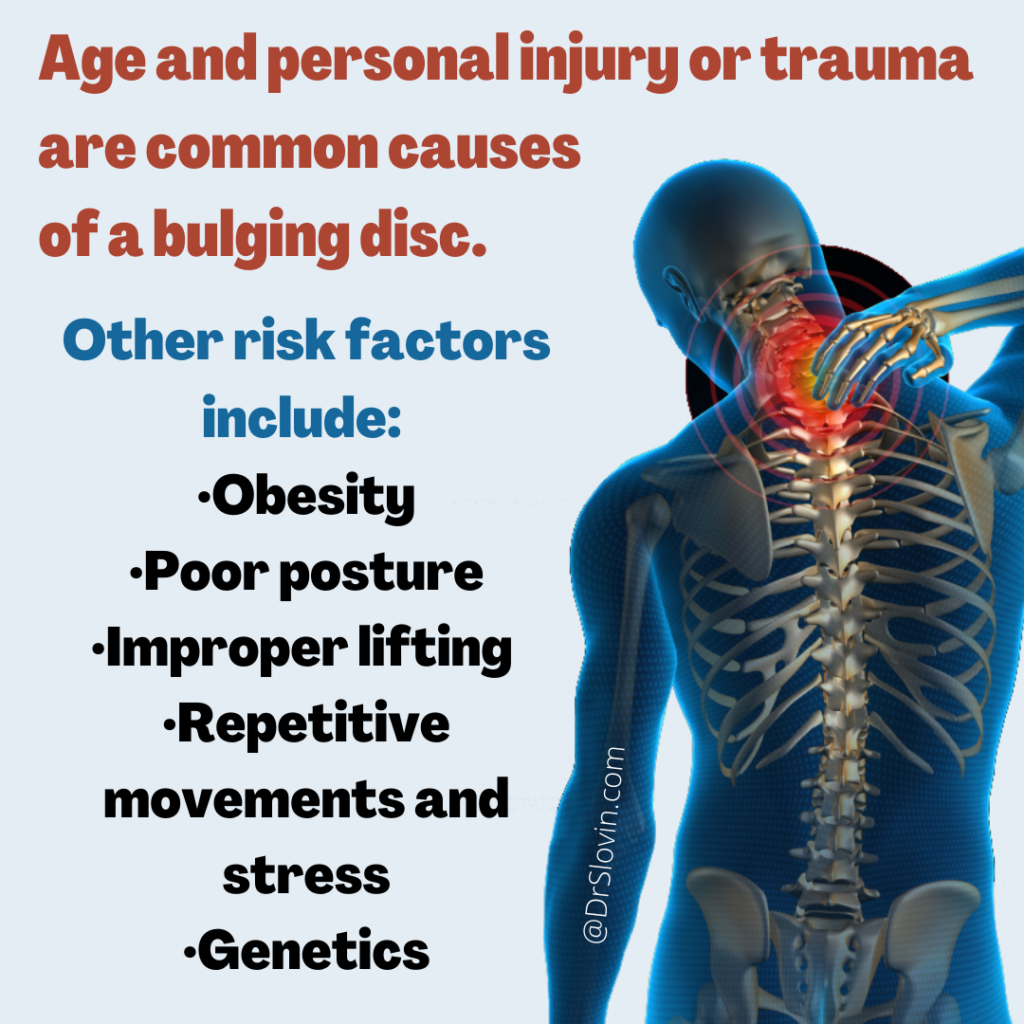5 Ways to Improve Sleep with a Bulging Disc

5 Ways to Improve Sleep with a Bulging Disc
For most of us, sleep is constantly on our minds. Too much or not enough, the quality of sleep is what matters. With a bulging disc, getting a good rest through the night can sometimes feel impossible. However, there are several ways to improve sleep, reduce back pain, and lower the risk of further problems from a herniated disc.
What’s a Bulging Disc?
A bulging disc is also called a slipped or herniated disc. It refers to the soft, spongy center of the bones (vertebrae) that make up the spinal column. A bulging disc happens when that rubbery substance slides out from its natural space, pushing through a crack in the outer “shell” of the round disc.
Age and personal injury or trauma are common causes of a bulging disc. Other risk factors include:
· Obesity
· Poor posture
· Improper lifting
· Repetitive movements and stress
· Genetics
A bulging disc can happen anywhere in the spine, but they are most common in the cervical and lumbar regions. A herniated disc can compress and pinch nerves in the neck or lower back, leading to symptoms in other parts of the body like the shoulders, hips, wrists, and feet.
The Importance of Good Sleep Health
Sleep deprivation or poor-quality sleep has significant and dire health consequences. Practicing good sleep hygiene and improving sleep quality will go a long way to repairing the bulging disc.
Over the years, hundreds of studies have analyzed the effects and impact of sleep on individuals of all ages, races, and ethnicities. While scientists may not know everything there is to know about sleep, we do know that, like breathing, it’s a fundamental function of human existence. We cannot function and will die without it. Sleep affects our:
· Moods and mental health
· Emotional well-being
· Brain function and cognitive strength
· Physical health
· Endurance for daily activities
· Stress tolerance
Everyone requires a different number of hours for sleep, but the general rule of thumb is 7-8 high-quality hours for adults under 65. Depending on their age, children need more sleep to prevent attention problems, migraines, behavioral difficulties, and health concerns.

5 Ways to Improve Sleep with a Bulging Disc
Sleep is crucial to overall health, so sleeping comfortably with a bulging disc will require some behavior changes (and perhaps a discussion with your chiropractor). Here are 5 ways to improve sleep when a herniated disc causes pain.
1. Choose the right pillow and mattress. For most with bulging disc pain, a firmer or adjustable mattress is more beneficial. Body pillows and wedge cushions are shaped perfectly to help those improve sleep with a bulging disc.
2. Try lying on your side with a pillow between your knees to relieve pressure if the slipped disc is in the mid to lower back. If it is in your neck, be sure the pillow offers adequate support and does not cause you to toss and turn through the night.
3. Lying in the fetal position is often helpful in taking pressure off the nerves and spine. It opens the vertebrae to give the nerves more space.
4. Do light stretching before bed. Start with the cat and cow yoga poses on all fours, slowly arch your back, and then hunch it forward. These movements help relieve sciatica pain and other types of herniated disc pain.
5. Try supplements that will help you sleep, such as magnesium and 5HTP. You could also use pads for cooling, heating, or alternating each to add another layer of comfort to improve sleep.
At Slovin Chiropractic Center, we regularly treat bulging discs in our Norwalk clinic. Using a mix of targeted and specific adjustment techniques, our chiropractors personalize treatments to optimize the effectiveness and increase the likelihood of a full recovery. You don’t have to live with the pain of a bulging disc. Schedule to meet with Dr. Slovin today.
Sources:
NIH: Sleep Deprivation and Deficiency
Ortho Bethesda: Best sleeping positions for herniated discs
Healthline: The Best Sleeping Positions for Lower Back Pain, Alignment Tips, and More
